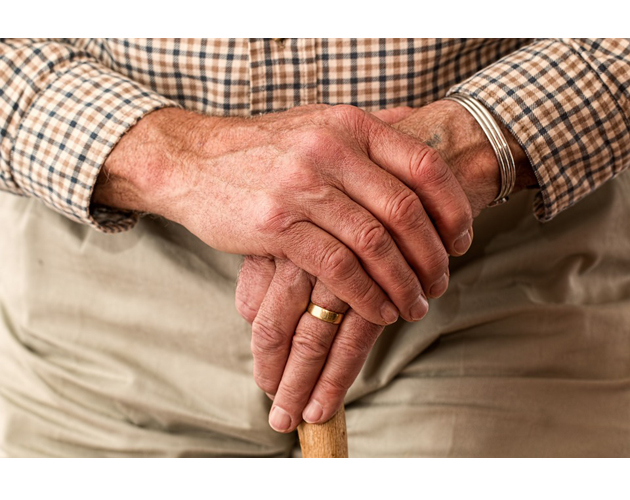National Family Caregiver Day 2017: Who’s Caring for the Caregivers?

Many Canadians say they will only leave their homes “feet first,” and life in a long-term care facility is not an option.
Aging is more comfortable at home, close to friends and family. But as daily tasks become more difficult, others must bring our groceries in and take our garbage out. We may even need help bathing, shaving and eating.
A few of us have substantial savings or long-term care insurance to pay for this support, but most need informal caregivers.
CARP believes Canadian caregivers have been patient long enough. We as a nation need to take better care of those who sacrifice so much for our well-being.
That’s why CARP has launched its Caregiver Campaign. We can no longer expect an aging population to bear the burden of caregiving unassisted.
Greater financial support can help caregivers care for others without harming themselves.
Caregiving by the numbers
- More than eight million Canadians provided informal care to a family member or friend.
- More than one million caregivers are older than 65.
- 44 per cent of caregivers between the ages of 45 and 64 care for both a parent and children.
- The number of seniors requiring care is set to double over the next 15 years.
- 39 per cent of caregivers look after the needs of their parents, eight per cent care for a spouse.
- 35 per cent of Canada’s workforce provides informal, unpaid work while working.
- 1.6 million caregivers took time off work to provide care.
- One in 10 caregivers spend more than 30 hours a week providing care.
- 80 per cent of all care given to seniors in the community and 30 per cent of services to seniors in institutions are provided by informal caregivers.
The economic value of caregivers is astounding: caregivers who look after seniors save Canada’s health-care system between $24 billion to $31 billion annually.
Carp members care
- 41 per cent of CARP members surveyed reported acting as a caregiver.
- 57 per cent of CARP members who provide care do so at home.
- More than 50 per cent of CARP members reported providing 20 hours or less of care a week.
- 30 per cent of CARP members provide full-time care with more than 40 hours a week dedicated to caregiving.
- 62 per cent of CARP members reported that they would not be prepared if they found out they would suddenly have to become a caregiver.
A version of this article appeared in the October 2016 issue with the headline, “Caring for Caregivers,” p. 59.